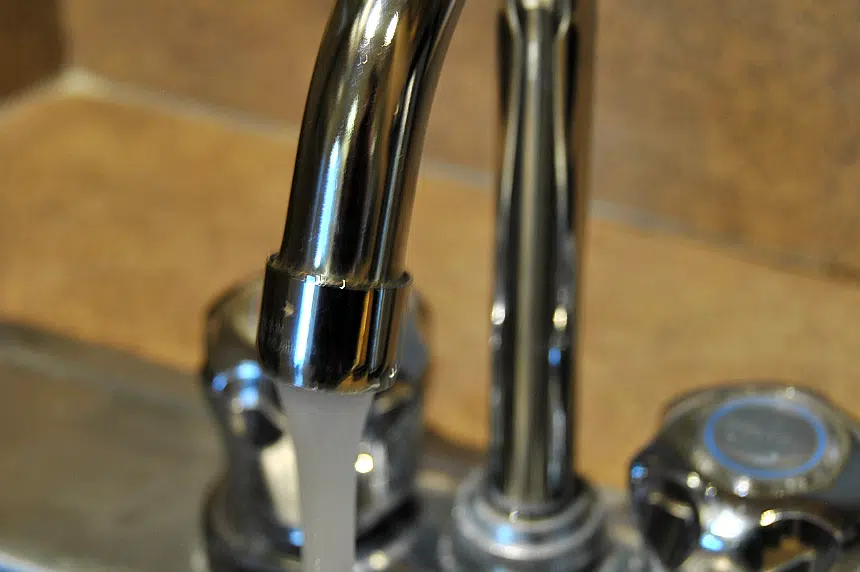People in the Alsask area can open their taps again.
Four days after an emergency boil water order was issued for the former village because E. coli had been found in the water, the order was lifted Monday.
“Subsequent repeat samples indicate that bacteriological test results are within acceptable limits, therefore The Emergency Boil Water Order is hereby removed,” the alert on the Saskatchewan Public Safety Agency website said.
Saskatchewan’s Ministry of Health issued the boil drinking water order Thursday for what it called the “former village of Alsask” in the Rural Municipality of Milton. Alsask is on the border of Alberta and Saskatchewan, about 65 kilometres west of Kindersley.
The SPSA said the alert was to be in effect until further notice.
The initial advisory didn’t identify the bacteria that had been found in the water samples or how it could harm people who consumed the water. The ministry subsequently confirmed that the culprit was E. coli.
On its website, Health Canada details the criteria for boil drinking water advisories.
“The primary intent of a boil water advisory is to protect consumers from potential health risks related to drinking water of an unacceptable microbiological quality,” the website said.
The statement on the website said emergency boil water orders should be issued if E. coli has been detected in drinking water.
“The detection of E. coli in drinking water is a definite indication of human or animal faecal contamination and the possible presence of pathogenic microorganisms,” Health Canada said. “If the presence of E. coli is confirmed in drinking water, an emergency boil water advisory should be issued immediately …
“Emergency boil water advisories are very important in situations where epidemiological evidence indicates that the drinking water is or may be responsible for an outbreak of illness.”
The update Monday didn’t say what if any steps had been taken to mitigate the presence of E. coli in the area’s water supply or if residents were to take any additional measures to ensure the safety of their water.







